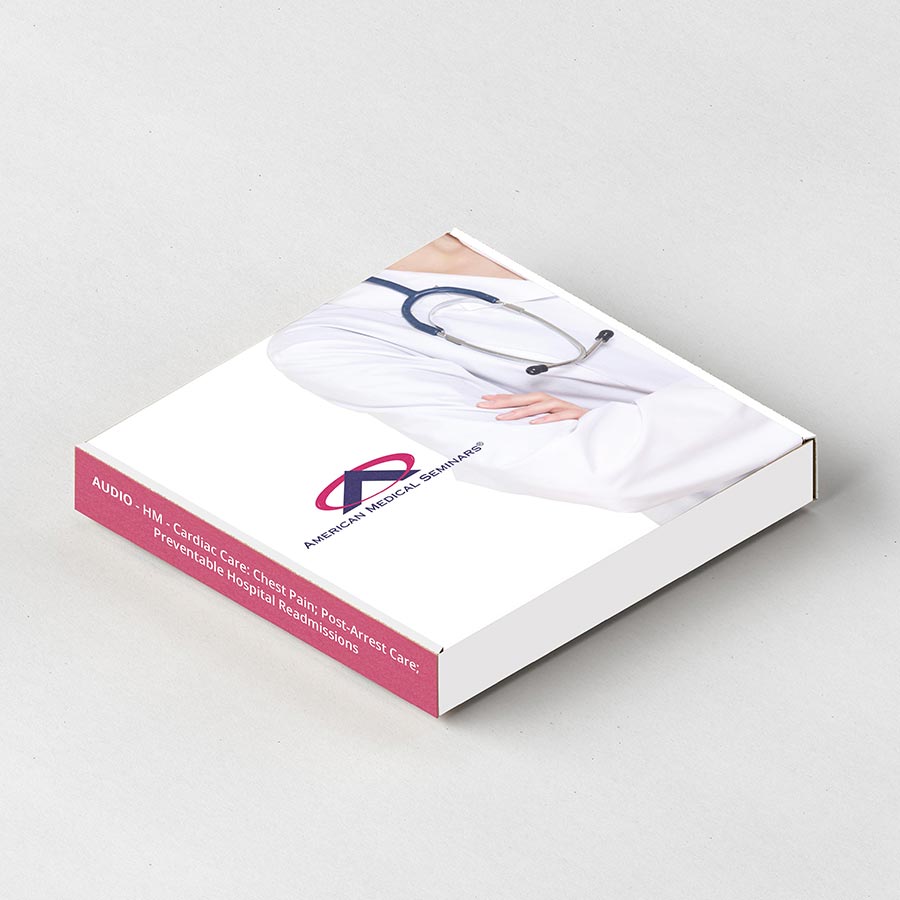Product Description
Title: Hospital Medicine – Common Issues: Soft Tissue & Bone Infections; Bloodstream Infections/Endocarditis; Meningitis/Meningoencephalitis
Faculty: Valerianna Amorosa, M.D., Janet M. Hines, M.D., Keith S. Kaye, M.D., M.P.H.
Original Release Date: July 1, 2018 Expiration Date: July 1, 2021
TOPIC 1: Soft Tissue and Bone Infections.
Upon completion of this session, the participant should be able to: GL, EBM, COMP
- Construct an approach to making the diagnosis of common skin and soft tissue infections.
- Assess common infections to include streptococcal and staphylococcal infections and necrotizing fasciitis, diabetic foot infections, bite wound infections and bone and joint infections.
- Apply appropriate treatment and management of these commonly seen infections and decide when specialist referral is indicated as per the current IDSA Guidelines for skin and soft tissue infections.
TOPIC 2: Bloodstream Infections and Endocarditis.
Upon completion of this session, the participant should be able to: GL, COMP
- Analyze the epidemiology and risk factors for bloodstream infections and endocarditis in patients presenting to a primary care practice.
- Employ the diagnosis and management skills for bloodstream infections and infective endocarditis as per the current IDSA guidelines.
- Recognize post-infection patient management issues and apply appropriate endocarditis prophylaxis measures as per the AHA guidelines.
TOPIC 3: Meningitis and Meningoencephalitis.
Upon completion of this session, the participant should be able to use the evidence-based guidelines of the IDSA and the CDC to: EBM, GL, COMP
- Evaluate the epidemiology of meningitis and the different types of meningitis.
- Interpret clinical signs and symptoms of different types of meningitis.
- Apply the indications for lumbar puncture (LP) and interpret LP results.
- Evaluate treatment options and the need for hospitalization and public health notification.
- The receipt for any incentive-associated purchase will designate the value of the gift card separately from the cost of the learning activity.
- This incentive may have implications on your tax reporting obligations. Any reimbursed amount must be declared as personal income for tax purposes.


